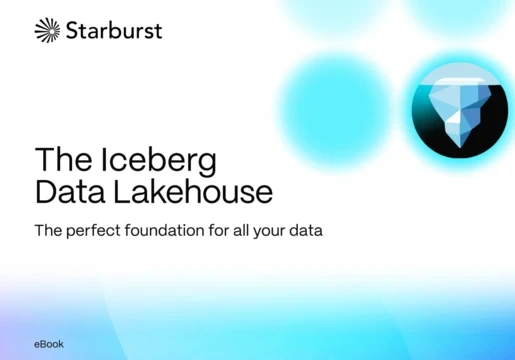For knowledge workers, 90% of the time spent creating new reports is actually recreating information that already exists. As a result, more companies are now adopting data catalogs in an effort to increase their analytical productivity.

What is a data catalog?
As an insightful whitepaper from Alation notes, a data catalog begins by creating an inventory using a sample of data and physical metadata. As humans and machines interact with this data sample, the inventory becomes enriched with observations. In turn, this creates a catalog that forms the single point of reference for your data, the physical metadata, and the associated business metadata. Modern catalogs also update in real time, with very little friction. As a result, these catalogs become increasingly useful over time as they provide richer contextual information. By using a combination of both machine learning and data verified by humans, enterprises can even receive contextual information in a self-service format that ultimately aids the speed and accuracy of data usage.
Making the most of your data
In order to make the most of large volumes of data, it is necessary to locate and use data sets that are the most relevant. By using data that is trustworthy and accurate, companies can completely transform the way they do business. For enterprises wanting to make the most of their data, this is where data catalogs come in handy. A modern collaborative, contextual data catalog ultimately solves the challenges catalysed by an over-reliance on organisational tribal knowledge. By deploying a data catalog, organisations can also increase access to all their data and receive timely and accurate usage-based guidance in-catalog. These tools also enable companies to collaborate with other users, while freeing up data workers to uncover new insights.
Adopting data catalogs
As Alation's whitepaper observes, data catalogs increase analytical productivity by up to 50%. In fact, these valuable tools also have the ability to increase the speed of accurate documentation by up to 40%. Overall, these tools deliver a unified view of an organisation's data and machine-human collaboration. Data catalogs also enable the verification of sources, just-in-time guidance, and collaborative capabilities. In Dresner Advisory Services’ 2019 Wisdom of Crowds report, 75% of respondents expressed difficulty in finding the right data. In effect, data catalogs are crucial to data access and understanding, particularly for those with multiple data sources. For the third year running, Alation earned the leading position in Dresner's market study. As President, founder, and chief research officer Howard Dresner insisted, "the ability to easily pull relevant and trustworthy data from all your sources is essential for the strong execution of business intelligence initiatives."







Comments ( 0 )